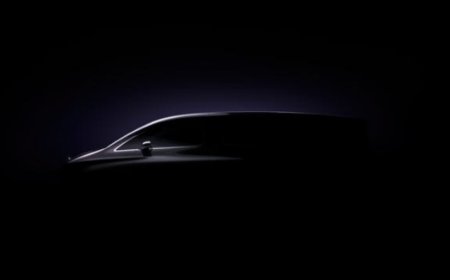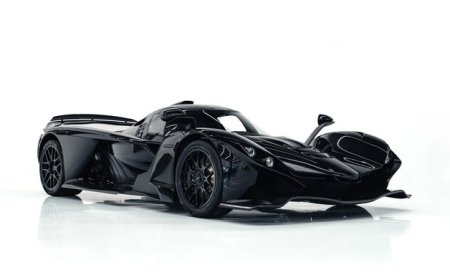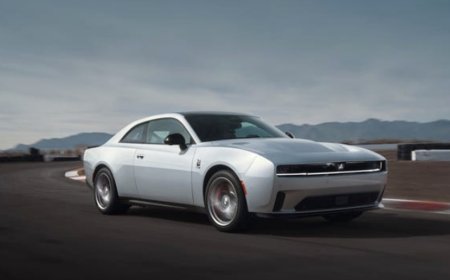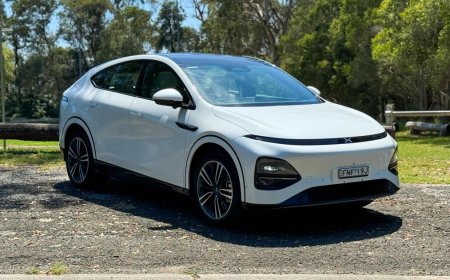The death of the EV tax credit could stifle EV demand and increase gas consumption
The upcoming administration's desire to slow electric vehicle adoption could in turn increase the already astronomical amount of gasoline the U.S. uses
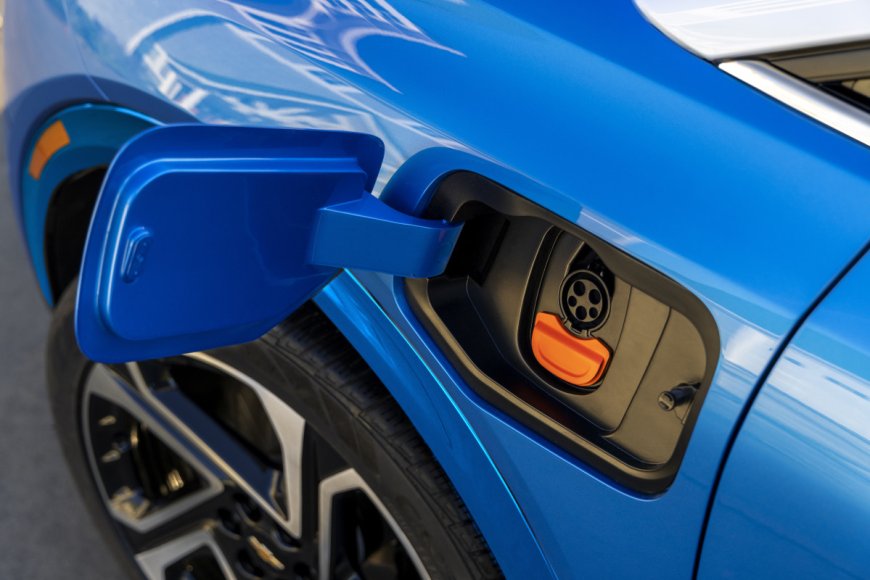
With the incoming Trump administration's opposition to EVs and plans to eliminate the EV tax credit, demand for a sustainable future is likely to decline. This, in turn, will inevitably lead to higher gasoline consumption, bringing its own set of negative consequences.
EV demand would slow and gasoline use would rise
When President-elect Trump expressed his intent to eliminate the $7,500 EV tax credit, auto stocks took a hit. According to Joseph Shapiro of the University of California, Berkeley, and Felix Tintelnot of Duke University, this policy change could reduce future EV demand by 27% and decrease annual EV registrations in the U.S. by 317,000 vehicles.
As a result of lower EV adoption, gasoline consumption in the U.S. is estimated to increase by 155 gallons in the first year, with 7 billion more gallons being used over the coming decade. Compared to the 136 billion gallons of gas that the U.S. currently uses in a single year, that would only amount to a 5% increase.
Related: Federal EV tax credit at risk — how much does it really drive sales?
The EV tax credit significantly increased sales of eligible EVs
Studies show that the tax credit does have a pretty big impact on EV sales overall. In a recent article, we found that "credit-eligible models sold at about 1.4 times the rate of ineligible vehicles. So far in 2024, that equates to about 14,400 vehicles sold for a credit-eligible model, on average. Ineligible models sold an average of 4,000 fewer vehicles in that same period."
Even without the looming EV tax credit death, demand for electric vehicles has still slowed down recently with many quoting price and range anxiety as the main factors in keeping them from making the switch. Even rental agencies like Hertz are negatively affected by their fleets of electric vehicles due to high repair costs and depreciation, especially with Teslas.
Related: Hyundai Ioniq 9 debuts at LA Auto Show as the brand's biggest EV yet
The death of the tax credit is unlikely to kill EVs
As time goes on though, EVs will start getting better and cheaper, a fact that is clearly reflected in the recent 2025 Chevrolet Blazer EV. Even if Elon Musk thinks an affordable electric car is a silly idea, it looks like other manufacturers see their potential. Chevy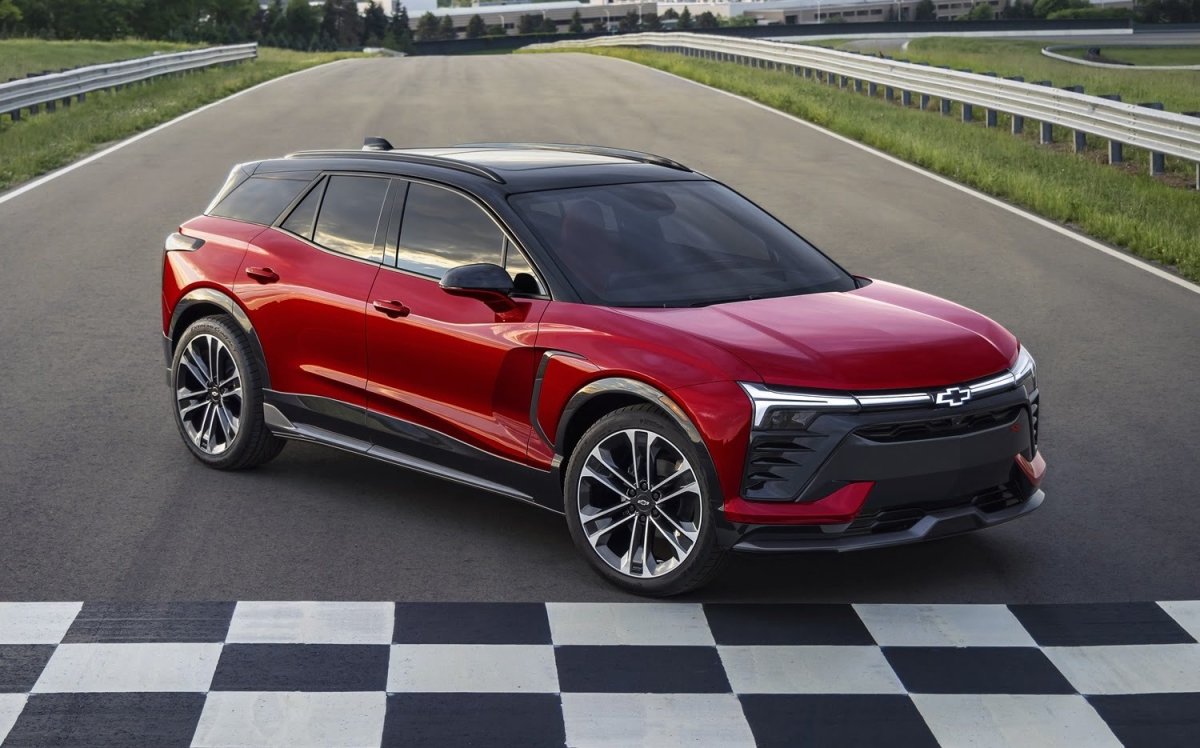
Morgan Stanley analyst Adam Jonas echoed that sentiment, saying that “While a slowing of EV adoption can provide valuable time for some legacy players to catch up, we still expect EV penetration to keep rising long term as innovation and scale will bring lower cost and higher performance products."
Final thoughts
It goes without saying of course that an administration's promises do not always amount to deeds. While it's likely that Trump will follow through with removing the tax credit, it's never a guarantee until that signature hits the paper.
What's your take on this issue? Will Trump really do away with the EV tax credit and if he does, how much of an adverse effect will it have on overall sales?
Related: Jaguar rebrand: Ditching legacy for “Exuberant Modernism”—a risk worth taking?


